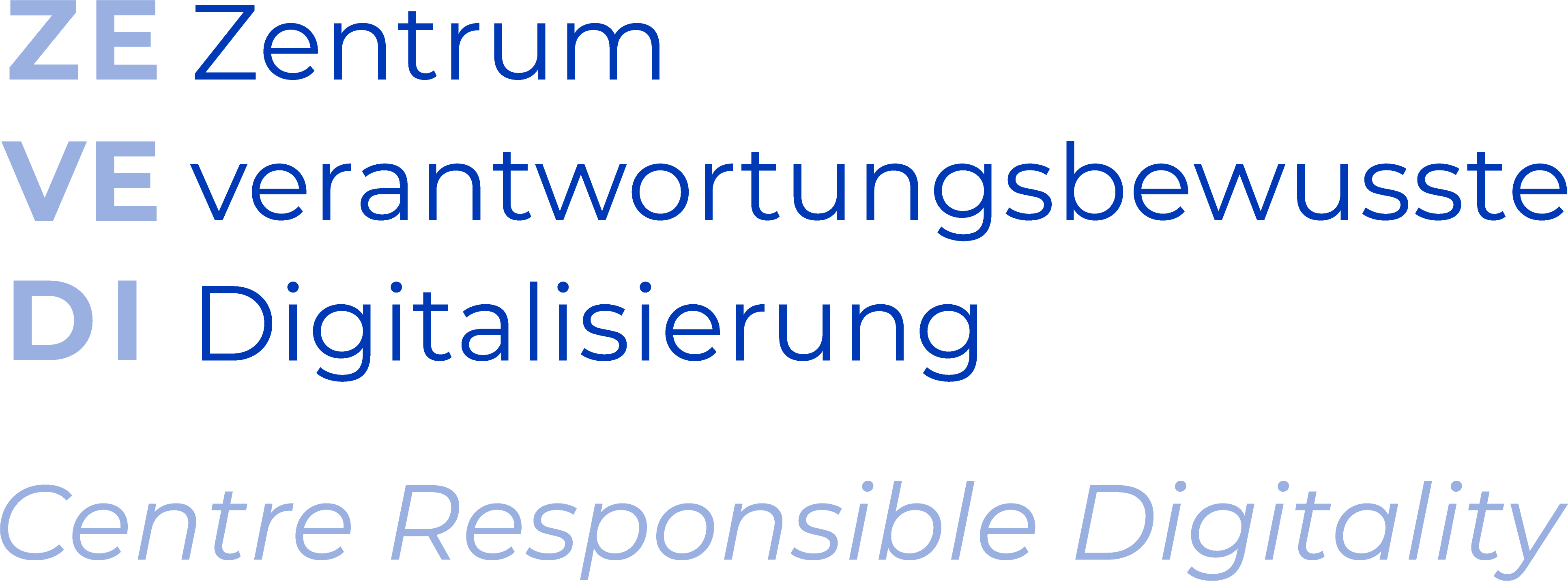
Using artificial intelligence methods, it is now possible to compare, systemise and analyse large and large collections of files in very different formats. This is also a milestone for investigating authorities: IT experts can filter out relevant information and establish connections from data sets that would be impossible for investigators to sift through and process without technical aids. A famous example of such a gigantic data set and its successful handling are the so-called Panama Papers: a data leak that contained around 11.5 million documents or 2.6 terabytes of data in 2016 and documented cases of tax fraud and money laundering worldwide. Since then, several more such leaks have emerged, such as the even more extensive Pandora Papers in 2021. For investigators and authorities, this meant the need to identify those emails, databases, PDFs, images and other files that were relevant to their own jurisdiction from millions. AI is arguably what ultimately made the prosecution of the offences uncovered in the data possible in the first place, and the underlying technologies have been developing in leaps and bounds ever since. AI is clearly a powerful tool for state action, which can easily be used to find a needle in a haystack. In a democracy governed by the rule of law, it is all the more important to determine the purposes for which AI may be used.
Christian Voß is Head of the Forschungsstelle Künstliche Intelligenz (FSKI), which was set up at the Kassel tax office in 2019. In this episode of Digitalgespräch, the computer scientist and AI expert explains how this institution came about, what its tasks are and how AI supports tax investigations. He describes the measures required to analyse leaks such as the Panama Papers, how software solutions are developed for specific problems, what knowledge specialists need and how his interdisciplinary team works together with other agencies and also the university. Together with hosts Marlene Görger and Petra Gehring, Voß discusses conflicting priorities between data protection and criminal prosecution, the value that open source solutions bring and whether not only crime but also the rule of law is being challenged by technical progress in the IT sector.
Further informationen:
Link to information on the dual study programme in computer science with a practical focus on tax investigation and IT forensics at the Kassel tax office: https://finanzverwaltung-mein-job.hessen.de/duales-studium/informatik-it-forensik-bsc
Link to the website IT HESSEN: https://it.hessen.de/
all episodes of Digitalgespräch
The podcast is in German. At the moment there is no English version or transcript available.

